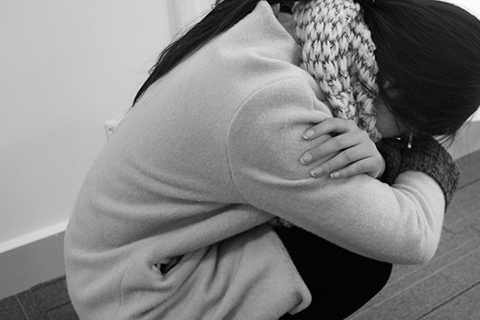With the development of technology, our pace of life is also accelerating, especially in terms of work pressure. Nowadays, work pressure is increasing. Under the emphasis on high efficiency throughout society, many people are extremely busy, and negative emotions are becoming more common among modern individuals. For those who do not know how to deal with negative emotions, prolonged exposure can lead to various issues, ultimately resulting in unfavorable circumstances. Depression may arise in such cases, particularly among women who have recently given birth, as they are at a higher risk of developing postpartum depression. This is a problem exclusive to postpartum women. So, how does it occur? Let’s find out together.
According to authoritative psychological surveys abroad, approximately 70% of women experience a specific period of depression after childbirth, and 6 out of 7 are able to resolve it on their own and overcome it smoothly. However, 1 out of 7 may find themselves deeply immersed in postpartum depression for failing to navigate through this particular time period. Typically occurring within six weeks after childbirth, it usually takes 3 to 6 months to return to normal. Nevertheless, some women may take up to two years. This period brings significant changes to women, as it can transform a gentle and calm individual into someone irritable and anxious postpartum. Proper resolution is essential to help women navigate through this stage calmly.
The prevalence of postpartum depression is attributed to hormonal changes in a woman’s body and adjustments in various chemical components. During pregnancy, the hormonal levels in a woman’s body significantly rise. However, after childbirth, the hormone and chemical levels drop by 90-95% within 48 hours, causing the brain’s nerve pathways to struggle to adapt, leading to drastic emotional changes. Women are most prone to developing mental disorders such as depression during this time frame.
Following childbirth, women often feel physically weak and may perceive themselves as useless, finding purpose only in breastfeeding their child. Moreover, postpartum women are psychologically sensitive and fragile. Lack of care and understanding during this fragile period can lead to a sense of insecurity, triggering worries and irrational thoughts. The challenges of child-rearing, including late-night feedings, wound discomfort, and loss of appetite, further stimulate women mentally, making them more susceptible to anxiety and drastic emotional changes that contribute to postpartum depression.
Given these factors, what are the signs of postpartum depression? The most common include reduced appetite, aversion to food, self-blame, feelings of worthlessness, constant solitude, anxiety, panic, negative thoughts, a sense of misfortune, frequent crying, sleep disturbances, insomnia, fatigue, irritability, and emotional instability. Recognizing these signs is crucial in addressing postpartum depression effectively, as it is advisable to focus on self-care and seek support to prevent the condition from worsening and engage in effective self-regulation.
Postpartum depression not only profoundly impacts women but also significantly affects their children and families. Once identified, it is vital to learn to care for oneself, communicate with family members to alleviate excessive stress, address negative emotions regularly, rather than enduring hardships and isolating oneself during the postpartum period.


